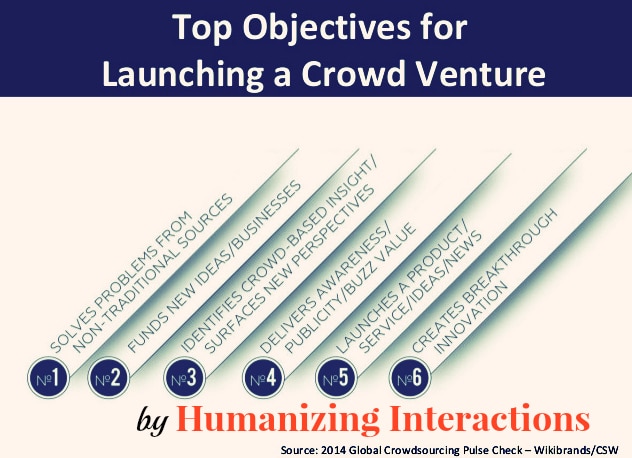Scores of platform and businesses have adopted the Uber model to disrupt verticals that relied on old models of stocking up commodities, employees or services. They are now looking to connect real-time, custom demand with custom solutions – essentially connecting people to people. Every imaginable service industry (with the possible exception of banking) is seeing a shake up of the way services are sought and delivered. The Uber model is popular enough to seed similar platforms across sectors. But what are we really after? Similar success or something more.
So what is the Uber model or Uberfication? Paul Marsden, rightly points out that “Uberfication” is taking over on-demand service startups that seek to match demand with crowdsourced, verified supply of service providers. Marsden writes,
Uber, the on-demand ‘driver for hire’ mobile service (ODMS) has become the poster-child for digital disruption, delivering Google-subsidised better value (economic, functional, psychological value) to consumers than legacy taxis.
And so digital innovators are seeking to ‘uberfy’ the world with convenient on-demand mobile services (AKA ‘convenience tech’) that digitally match demand with supply. Tap your phone, get service. Some will flourish, others will fail – based on the degree they can add reliable and real value to currently inefficient markets.
Marsden has compiled a comprehensive list of startups aping the “Uber” model that match demand to supply and relies on populations, crowds and communities with resources to provide a service that was previously restricted to employees or chosen consultants. I see a broader mindset and trend that goes beyond “Uberfication”- the need to humanize our interactions and mindset while fulfilling needs through a community approach. I need a ride – you have a car, a drivers license, insurance, gone through a background check and the required resources to make the ride possible for me – great, you can drive me and I pay you for those services. That’s Uber. Traditional models reveled in cookie cutter services, “quality control” and consistency. But who said a cab needs to painted in specific colors, have a red top or display a “for hire” light, when you could have a Prius one day and VW bug the next. Our cab drivers need not only drive taxis. They could be a student, paying for tuition or a stay at home mom earning cash while her kids are at school or even a startup entrepreneur. Our need to commute from point A to Point B is met through fellow community members and the resources that they have access to.
Businesses and consumers are seeing the value and efficiency of these systems and are moving towards them. The focus has shifted from formalities of the service providers to patronizing a more casual but efficient exchange within communities — what I would like to call Humanification.
Uberfication stems from Humanification
I am very excited about the Humanification of services and experiences that has come out in the open due to the Uberfication (systems definition) of startups that adopt the same on-demand model. Crowdsourcing and tapping into your community for cooperation is as old as the human race, but the feeling of belonging was lost along the way as economies threw us into silos and created barriers of ownership and rights. Now we are getting back to doing what we do naturally with a bit of help from the Internet, technology and social networks.
We define the work we do – our work does not define us.
Humanification democratizes work and allows communities to come out of shallow bucket definitions that they were forced into. Through crowdsourced on demand platforms communities bring a piece of themselves to the jobs and services they sign up for and not let job titles of secretary, project manager or technician define or deter them. As human beings we take on different relationship roles and taking on one role does not exclude us from taking on another when in fact we are better off due to the varied roles and responsibilities. This is exactly why crowdsourcing and crowd cooperation is producing diverse, disruptive ideas and innovations that we so desperately need today. Humanification of work helps us all break stereotyping and expand our contribution to a better society. So why would we stifle that? It is also not hard to see that this humanization mindset has given rise to an entrepreneurial culture where individuals have come to realize and understand the impact of their individual and unique contributions to their networks and the micro economies around them.
Humans ultimately thrive through experiences & interactions
Humanification extends beyond work and services. We are social animals and thrive in interactions. Brands and large corporations realize that a personal connection with their stakeholders is the missing piece in their engagement. Entrepreneurs think their communities can help them raise cash for a venture if they are approached with a honest story and pitch. Travelers seeking accommodation want the warmth of a local’s house rather than a room at a chain of hotels. This is the story of impactful startups in the crowd age.
Are you thinking about the next startup idea that will disrupt an industry? Think about humanification and its potential impact on that ecosystem of services.





0 Comments